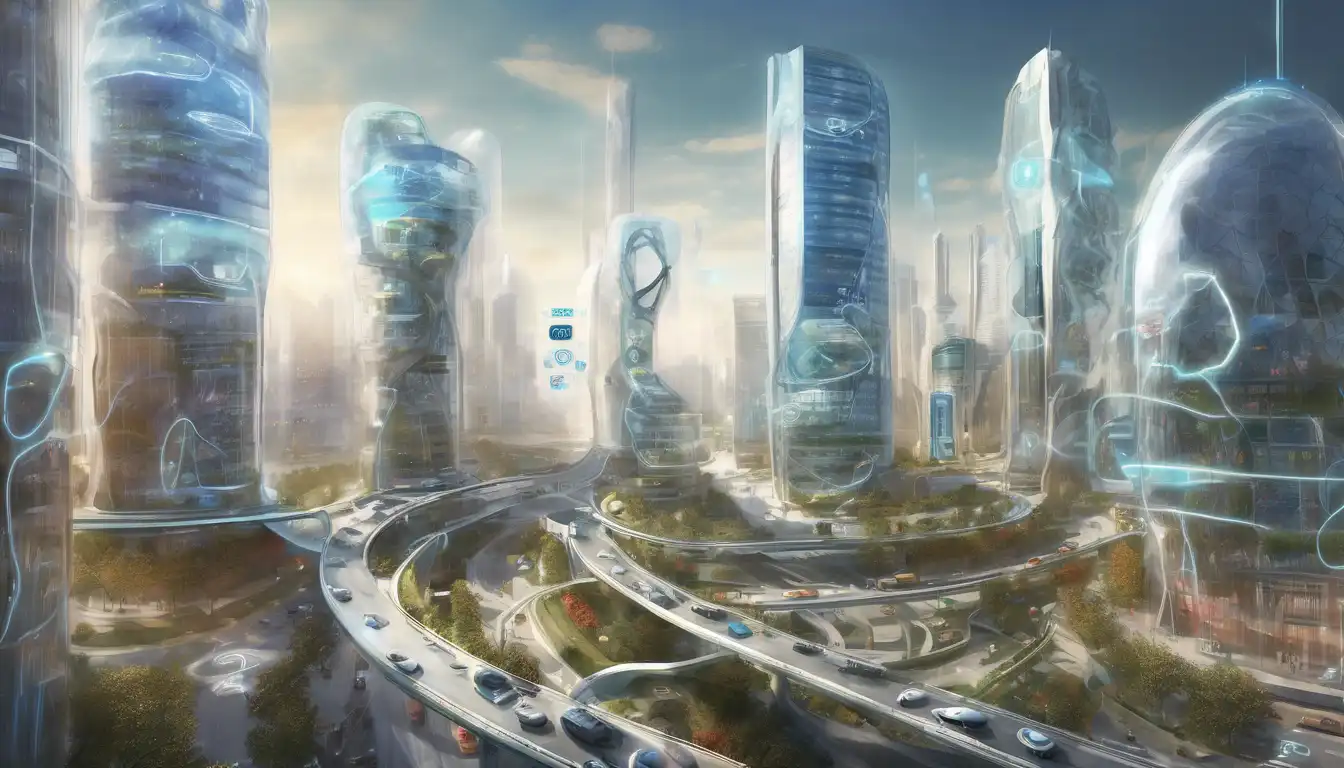The Role of IoT in Shaping Smart Cities
The Internet of Things (IoT) is revolutionizing the way we live, work, and interact with our urban environments. By connecting devices, sensors, and systems across cities, IoT is paving the way for smarter, more efficient urban spaces. This article delves into the transformative potential of IoT in smart cities, highlighting key benefits, challenges, and future prospects.
Key Benefits of IoT in Smart Cities
IoT technology offers numerous advantages for urban development, including:
- Enhanced Efficiency: IoT enables real-time monitoring and management of city resources, reducing waste and improving service delivery.
- Improved Public Safety: Smart surveillance and emergency response systems can significantly enhance safety and security in urban areas.
- Sustainable Development: IoT solutions support environmental monitoring and energy management, contributing to greener cities.
- Better Quality of Life: From smart traffic management to automated public services, IoT makes urban living more convenient and enjoyable.
Challenges Facing IoT Implementation
Despite its potential, the integration of IoT into smart cities is not without challenges. These include:
- Privacy Concerns: The collection and analysis of vast amounts of data raise significant privacy issues.
- Security Risks: IoT devices can be vulnerable to cyberattacks, posing risks to city infrastructure and personal data.
- High Costs: The initial investment for IoT infrastructure can be prohibitive for some cities.
- Technical Complexity: Implementing and maintaining IoT systems requires specialized knowledge and skills.
The Future of IoT in Smart Cities
Looking ahead, IoT is set to play an even more pivotal role in urban development. Innovations such as 5G networks and AI-driven analytics will further enhance the capabilities of smart cities. Moreover, as technology advances, we can expect more scalable and cost-effective IoT solutions to emerge, making smart cities more accessible to communities worldwide.
For those interested in the intersection of technology and urban planning, exploring the potential of smart city initiatives is a great starting point. Additionally, understanding the diverse applications of IoT can provide valuable insights into how technology is transforming our cities.
In conclusion, the future of IoT in smart cities is bright, offering endless possibilities for innovation and improvement. By addressing current challenges and leveraging new technologies, cities can harness the full potential of IoT to create more livable, sustainable, and efficient urban environments for all.
